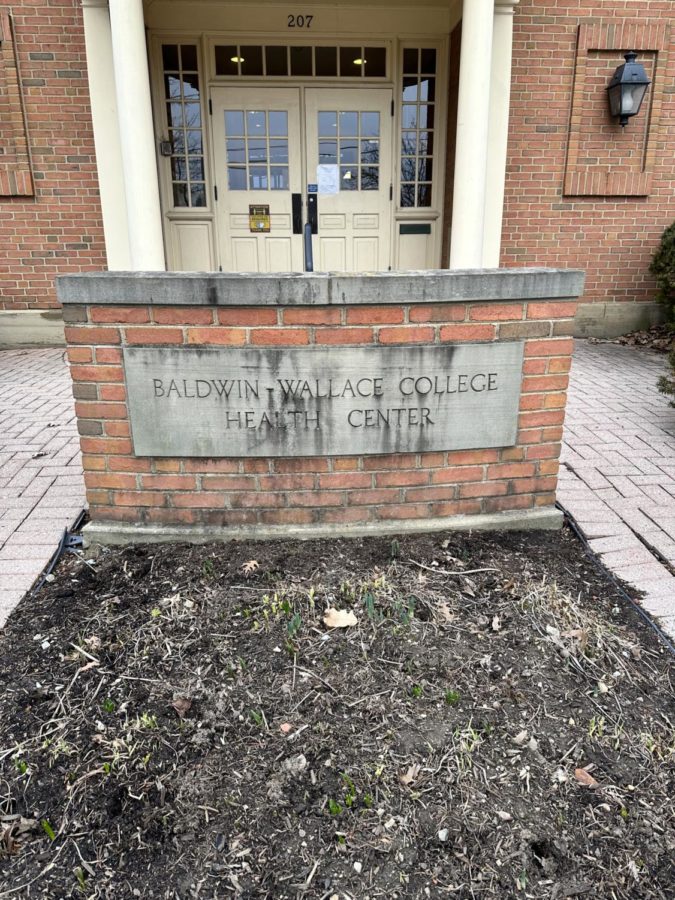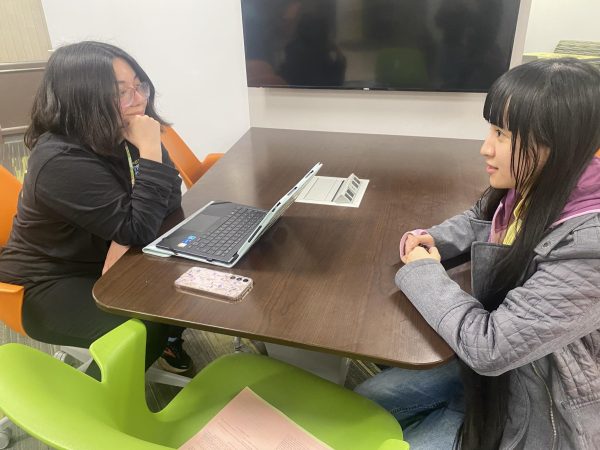Yale University’s new mental health policy raises discussions among BW communities
News of Yale University’s new mental health policy has once again sparked conversations surrounding the rising need for student mental health assistance. The policy affords students in mental health crisis the option of taking an academic leave of absence for up to four semesters with no penalties.
Madeline Dwyer
Baldwin Wallace University’s Counseling Services is located at 207 Beech St. This is the place where many students go for mental health services on campus.
News of Yale University’s new mental health policy, which affords students in mental health crisis the option of taking an academic leave of absence for up to four semesters with no penalties, has garnered attention of the BW community. The Exponent invited faculty, staff and students to discuss what BW has done for students in crisis and what it can be doing better.
Andrew Smith, a junior political science student, is an active member of BW Active Minds, which aims to reduce the stigma associated with mental illness and create an environment for open discussion of mental health. Smith said he celebrates the Yale University policy and believes in its importance.
“It’s absolutely a good thing. Academic leave for mental health should be a universal policy. Every university should have that,” Smith said. “The mental health crisis at BW is lingering, it’s problematic and it’s something that needs to be addressed as soon as possible.”
Smith attended the Student Town Hall with Timeka Rashid, BW’s vice president for student affairs, in the fall of 2022. Smith said that at the Town Hall, students revealed that they felt isolated and without a sense of belonging but that it was clear the University was working to combat this.
“A universal university mental health policy needs to be implemented at BW, one that gives excused absences for mental health reasons, the ability to join a class online with no questions asked,” Smith said. “There also needs to be the appointment of a mental health director at the school — a permanent, salaried position.”
Other students have expressed similar concerns. Lauren Frank, a sophomore communication sciences and disorders student, works as a resident assistant and is a resource for those under her assignment. She said from her experience working with students, she has seen an uptick in mental health issues at the University.
“College can take such a toll on student mental health, as so many students feel pressure to be everything—to do well, to have fun, to be involved,” Frank said. “They feel their entire future depends on how they perform in college and it’s a lot to deal with.”
Upon hearing about the Yale University policy, Frank said she would support it. She also spoke highly of BW’s efforts to put its students’ mental health first.
“BW does a good job at always reminding us that we are people –– not students –– first,” Frank said. “The school implemented RA Buzz-Ins, where RAs make one-on-one appointments with their residents, offering them the opportunity to voice concerns, ask for help and just to feel seen and heard. My residents seem to really enjoy this time.”
Despite its advances in mental health resources, Frank said she has seen places where the University could use improvement. She said some of her residents had told her that although the University claims to have counselors available 24/7, when they attempted to contact them, they were put on hold for extended periods.
The Exponent reached out to the Counseling Center for comments. The interview request was declined due to Counseling Center’s scheduling issues.
Although most students can see the Yale University policy’s benefits, some believe it has its downfalls. Joseph Tarantowski, a broadcasting professor in the Department of Communication Arts & Sciences, said he agreed with the Yale University policy but did so with “immense” caution.
“When disengaged, one can feel like a failure, and this too can take a toll on mental health,” Tarantowski said. “So it is very important that students who may choose to leave remain focused on healing through a combination of therapy, drugs, and quality time spent with family and friends.”
As a professor and daily aspect of some students’ lives, Tarantowski said he had experienced an uptick in mental health issues among college students. He said that he knew the suicide rate was up, which is enough reason for people to be concerned. In his classroom and beyond, he works to do what he can to assist students with their struggles.
“Some faculty members engage with their students on a more personal level. Some have a fence up, viewing it more as an ‘us vs. them,’” Tarantowski said. “I want to have the largest amount of impact on the greatest number of students I can. I try to foster an atmosphere that this is our class, not my class.”
The Exponent is looking for financial contributions to support our staff and our newsroom in producing high-quality, well-reported and accurate journalism. Thank you for taking the time to consider supporting our student journalists.












































